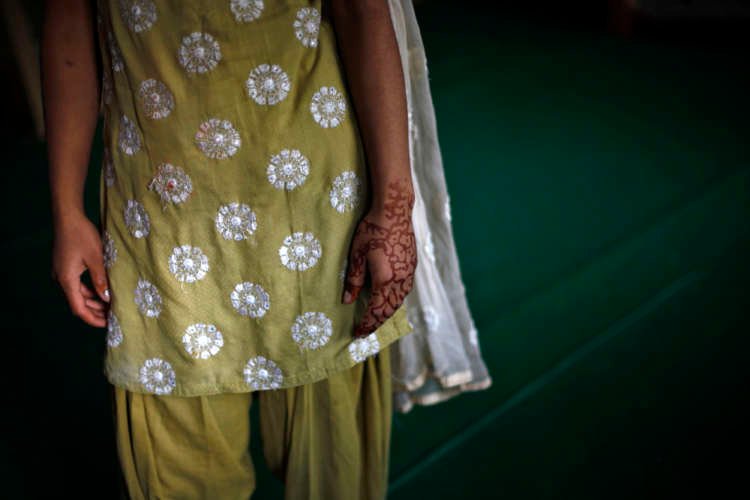Top Stories
Indian maids count cost of COVID in testing times
Published by linker 5
Posted on April 22, 2021
1 min readLast updated: January 21, 2026

Published by linker 5
Posted on April 22, 2021
1 min readLast updated: January 21, 2026

Explore more articles in the Top Stories category











